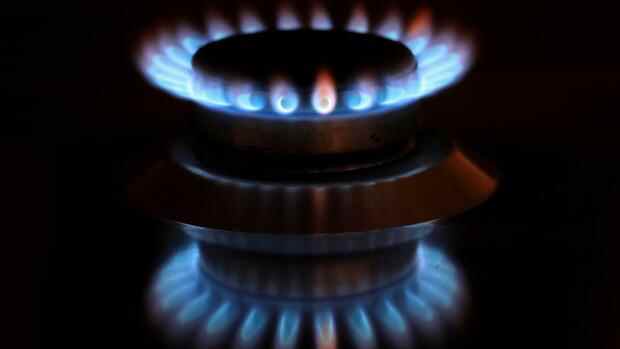There were two ways of avoiding the current gas price crisis. Firstly, the European suppliers could have negotiated prices with the supplier Gazprom on a longer-term basis. Second, they could have ordered more gas in the summer to fill their storage tanks.
Neither happened. That is why the global increase in demand has had a full impact on the price in many European countries. The utilities have not fulfilled their customers’ wishes for reliable gas prices. The market has failed and is even pulling electricity and oil prices up with it.
It would now be too easy to blame this market failure on companies alone. The gas market is highly regulated. How it works is laid down in directives and regulations of the European Union. When they were last reformed, long-term gas supply contracts were seen as part of structural encrustations in the market. The pressure to orientate the supply contracts more closely to the spot market prices has contributed to the fact that prices can now fluctuate so strongly for consumers too.
How this can be remedied without increasing dependence on Russia is now the task of the EU Commission. Russia would at least like to see longer-term purchase guarantees. President Vladimir Putin used the crisis on Wednesday to put pressure on the Europeans to again agree to longer-term contracts with the Kremlin-controlled company Gazprom.
Top jobs of the day
Find the best jobs now and
be notified by email.
Demand can hardly be predicted
Now the sudden corona crisis and its almost as sudden end has messed up some markets. This exceptional situation was not foreseeable during the last EU gas market reform in 2009. But for the future, regulators should take a close look at the possibility of external shocks.
Because the energy markets are changing. It is difficult to predict how the demand for natural gas will develop in the green transformation phase. It is possible to create larger reserves or to require companies to create such reserves.
Keeping the fluctuations in the gas price low is also important for the energy transition. It is true that prices will have to rise further in order to create incentives for frugal behavior. But no consumer should be exposed to the unpredictability of such a volatile market.
This is also the opinion of many states that are now lowering energy taxes in order to protect their citizens from energy poverty. The measure is right when there is no other method of avoiding social disaster. But making energy cheaper takes away the incentive to invest in economical cars and economical heating systems. Under no circumstances should states send the message now that they will forever protect their citizens from rising prices.
Because the opposite is planned. Since the beginning of the year, fossil fuels have been included in an emissions trading scheme in Germany, the prices of which are supposed to rise. The other EU countries are to be included in a few years’ time.
The price of energy must be high and rise. But it should be as predictable as humanly possible. This would enable consumers to make an informed decision when investing many thousands of euros in a new car or heating system. And it would enable governments to precisely control the social balance – through higher social assistance rates, lower taxes and lower ancillary wage costs, or through energy money that every citizen receives as a lump sum.
How damaging the current fluctuations are can also be seen in the irrational measures taken by some governments. In Spain, suppliers of cheap, clean energy are now being cashed in. Because these are currently making enormous profits: the electricity from hydropower plants, wind power plants, solar cells and nuclear power plants is remunerated at the same high price as that from gas power plants. The operators now have a lot of money available that they can invest in new systems. The government is nullifying this effect.
France’s reaction is also going in the wrong direction. The government is considering decoupling from the European electricity market so that French customers can benefit from cheap French nuclear power. This is also going in the wrong direction: in the future, France will need more electricity than its nuclear power plants can produce. Then the country will benefit from being part of a large, Europe-wide electricity market.
More: Gas price shock for the global economy: “Energy crisis is becoming a question of survival for many companies”
